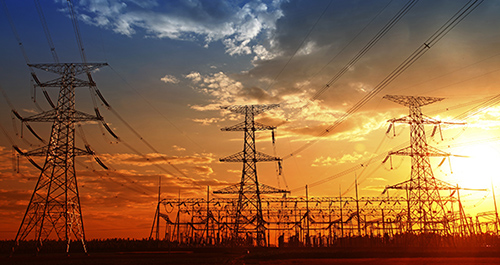 You know, you just can’t win. For decades the U.S. government, through the auspices of the Energy Efficiency Act, the Department of Energy, and even the Environmental Protection agency have worked tirelessly with electric and gas utilities and the consuming public to become more energy conscious and consume electricity more efficiently and economically. In the HVAC universe, at least one, possibly two generations of manufacturers, distributors, and contractors that serve the HVAC industry have worked equally as hard to help consumers achieve that goal.
You know, you just can’t win. For decades the U.S. government, through the auspices of the Energy Efficiency Act, the Department of Energy, and even the Environmental Protection agency have worked tirelessly with electric and gas utilities and the consuming public to become more energy conscious and consume electricity more efficiently and economically. In the HVAC universe, at least one, possibly two generations of manufacturers, distributors, and contractors that serve the HVAC industry have worked equally as hard to help consumers achieve that goal.
So guess what: it worked. Electric consumption is down. According to an interesting Wall Street Journal article published a month ago (WSJ, October 20th edition, pg. B5, Electric Utilities Seek to Raise Fees As Usage Declines), “The problem for utilities is that many consumers are using less power these days, in large part because appliance and equipment are getting much more energy efficient. Even though U.S. homes are getting bigger, energy consumption per square foot is going down.”
The article, written by Energy Reporter Rebecca Smith, cites information published by the U.S. Energy Information Administration.
So now, electric utilities across the country are looking to change how they charge customers by trying to shift more of their own fixed costs into monthly fees to consumers — fees consumers will have to pay NO MATTER how much electricity they consume.

Utility rates are going up BECAUSE we did what we were supposed to — save energy. How does that make YOU feel?
Seriously.
According to the article, many utilities are campaigning to be allowed to increase their monthly fees by double-digit percentages.
Holy power shift, Batman.
The reason for this? People are too efficient and the utilities aren’t bringing in the same levels of income. Isn’t it a brilliant idea to reward consumers who have done what was asked of them by hitting them with crazy additional fees to make up for lost revenues?
Furthermore — what signal does this send to the consuming public? If they begin to distrust utilities due to these type of pricing practices, will that impact consumer adoption of green technologies like solar and wind? Those are expensive technologies that do enjoy nice rebates via the utilities and the government. Is it possible that those consumers who jump on the bandwagon will face rate increases that wipe out any savings such technologies provide? And if that happens, how will it impact this nation’s overall energy policies?
I don’t have the answers, but these actions certainly open the doors to such questions.
What are your thoughts?
